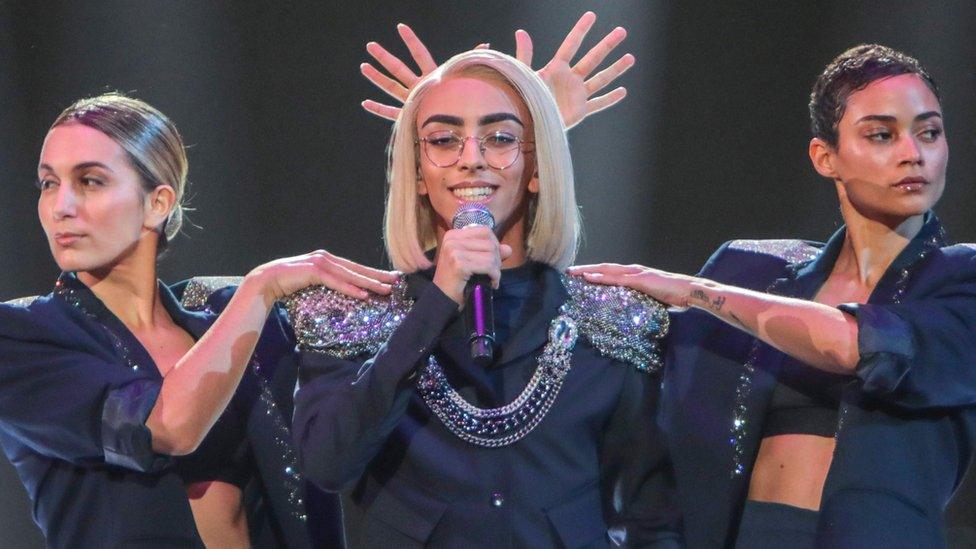Ukraine pulls out of Eurovision Song Contest 2019
- Published
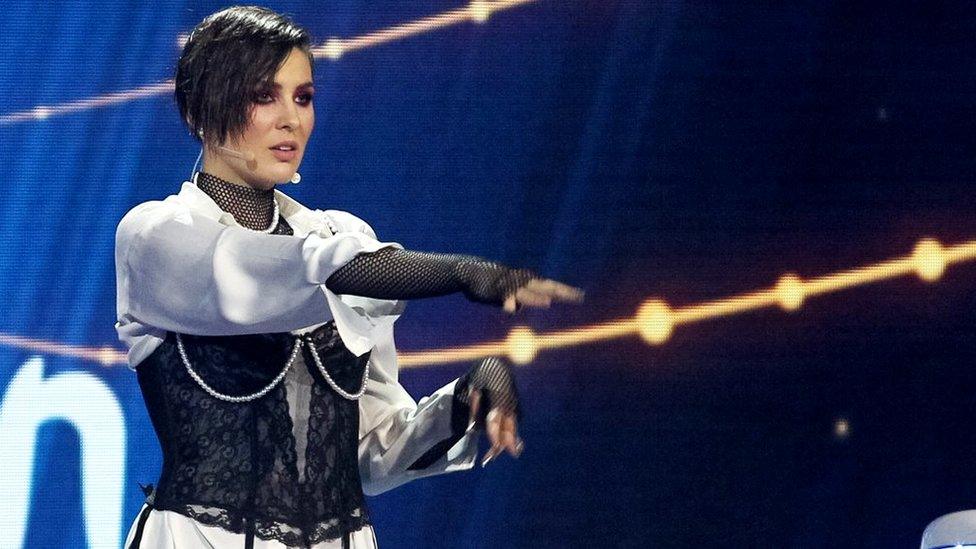
Maruv was chosen as Ukraine's entry but withdrew from the competition
Ukraine has pulled out of this year's Eurovision Song Contest after its selection process became embroiled in political tensions involving Russia.
Pop singer Maruv, who won Ukraine's public vote, withdrew from the contest on Tuesday, saying she refused to be used as a "political tool".
Two other bands were then approached by the national broadcaster, but both declined to take part.
The broadcaster has now chosen not to attend the contest in Israel in May.
The row comes amid Ukraine's ongoing conflict with Russia, which centres around the annexation of Crimea by Russian forces in 2014.
Maruv was asked to sign a contract saying she would not play concerts in Russia in the lead-up to Eurovision. The 27-year-old said she was willing to accept this condition, but argued that other clauses would have made her a mouthpiece for propaganda.
"I am a musician, rather than a tool of the the political stage," she wrote in a statement announcing her withdrawal.
Allow YouTube content?
This article contains content provided by Google YouTube. We ask for your permission before anything is loaded, as they may be using cookies and other technologies. You may want to read Google’s cookie policy, external and privacy policy, external before accepting. To view this content choose ‘accept and continue’.
The second- and third-placed contestants in Ukraine's televised selection contest were invited to replace her, but both were unwilling to step in.
"We would have been honoured to represent Ukraine," wrote dance act Kazka on their Instagram page. "But we do not need a win at any price. Our mission is to unite people with music, not to sow discord."
Systemic problem
Faced with the prospect of more bands pulling out of the process, broadcaster UA:PBC decided to leave the contest altogether.
"The song contest is an opportunity for every country to announce itself in the international arena, and for each performer to act as an ambassador," it said in a statement, external.
"But the national selection 2019 revealed... a systemic problem in Ukraine's music industry: The connection of artists to the territory of the aggressor state.
"For some parts society, this fact is acceptable. In others, it causes indignation and rejection."
The broadcaster said it would initiate a series of "talk shows, forums and discussions" to help resolve the issue.
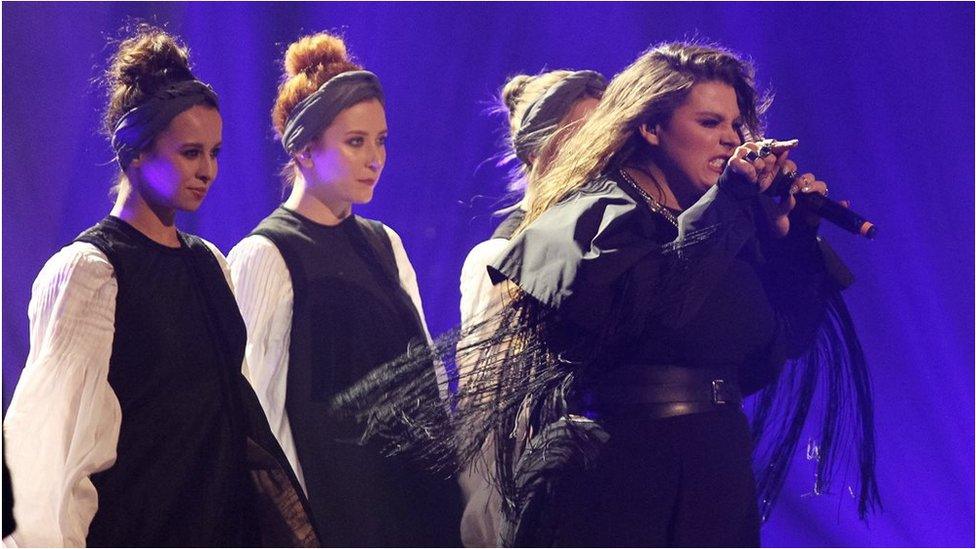
Several bands, including dance act Kazka, have pulled out of the contest
Eurovision expert Dr Paul Jordan described the situation as "a bit of a mess".
Dr Jordan, who earned a PhD with a dissertation on Ukraine's participation in Eurovision, said Maruv's entry, Siren Song, had been one of this year's favourites.
"There's not much of a buzz about the songs that have been selected so far, whereas people were raving about the Ukrainian entry," he said.
"It was quite provocative. I do think it would have had a good chance of scoring quite strongly."

Follow us on Facebook, external, on Twitter @BBCNewsEnts, external, or on Instagram at bbcnewsents, external. If you have a story suggestion email entertainment.news@bbc.co.uk, external.

- Published26 February 2019
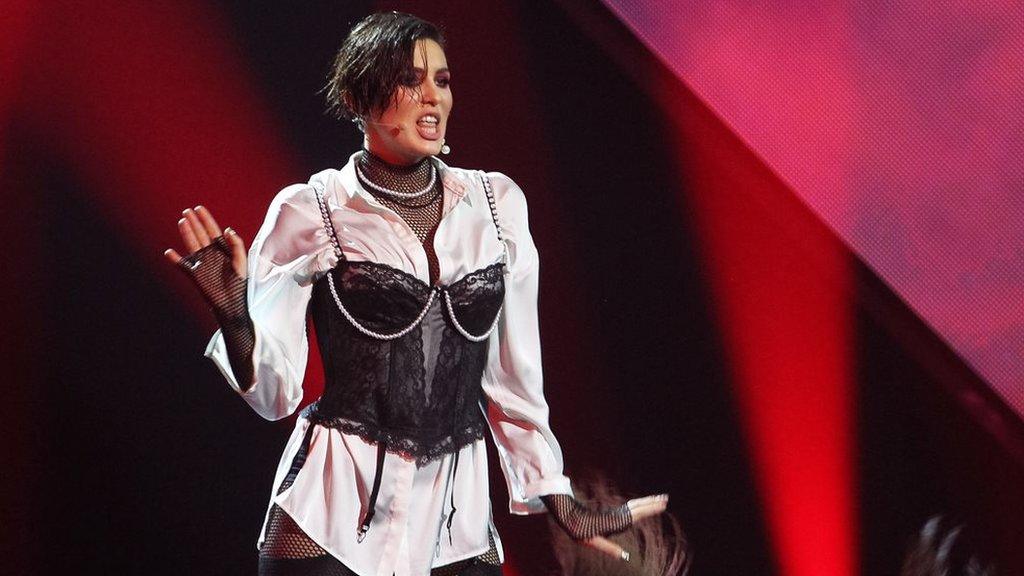
- Published30 January 2019
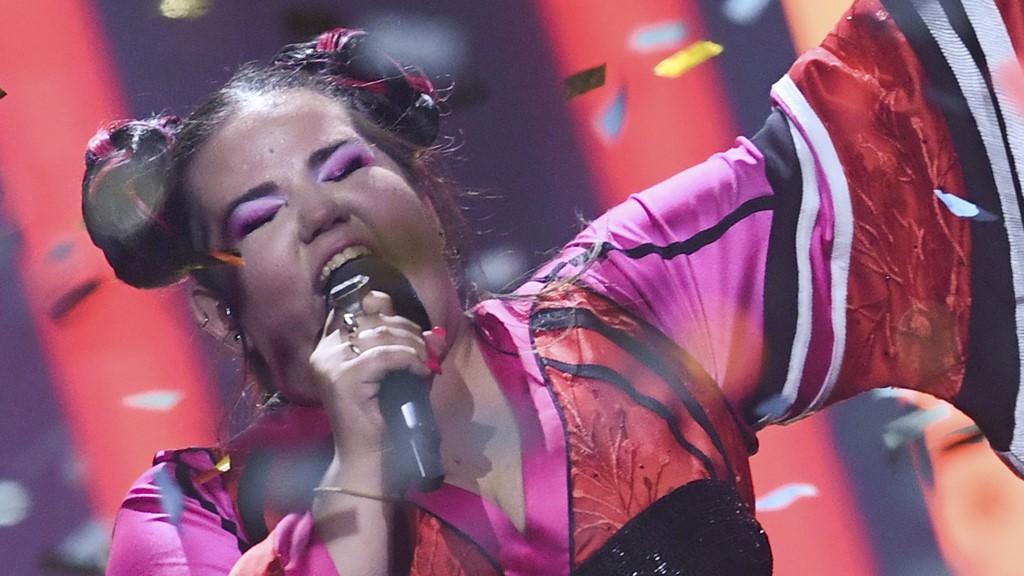
- Published8 February 2019
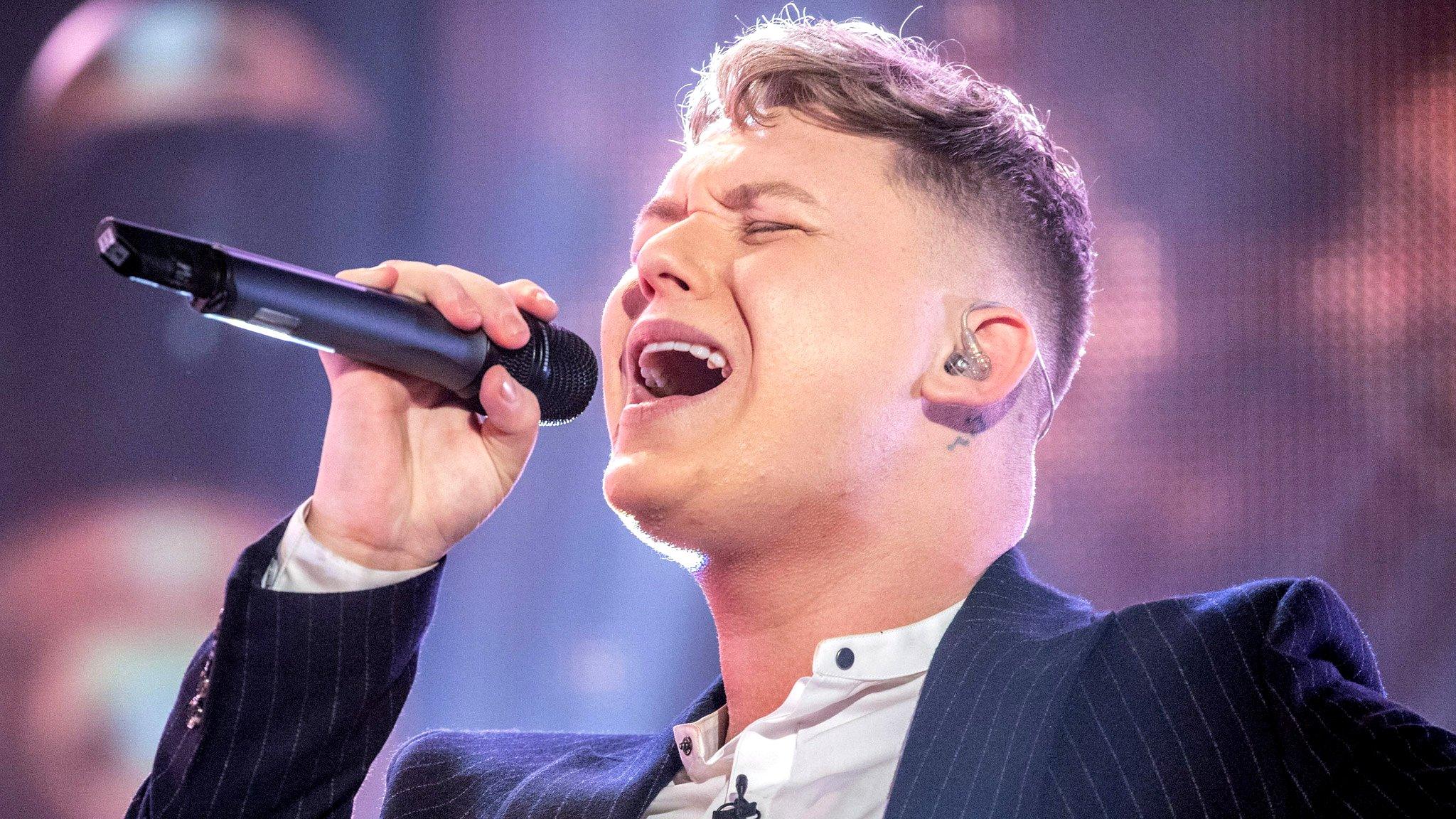
- Published28 January 2019
